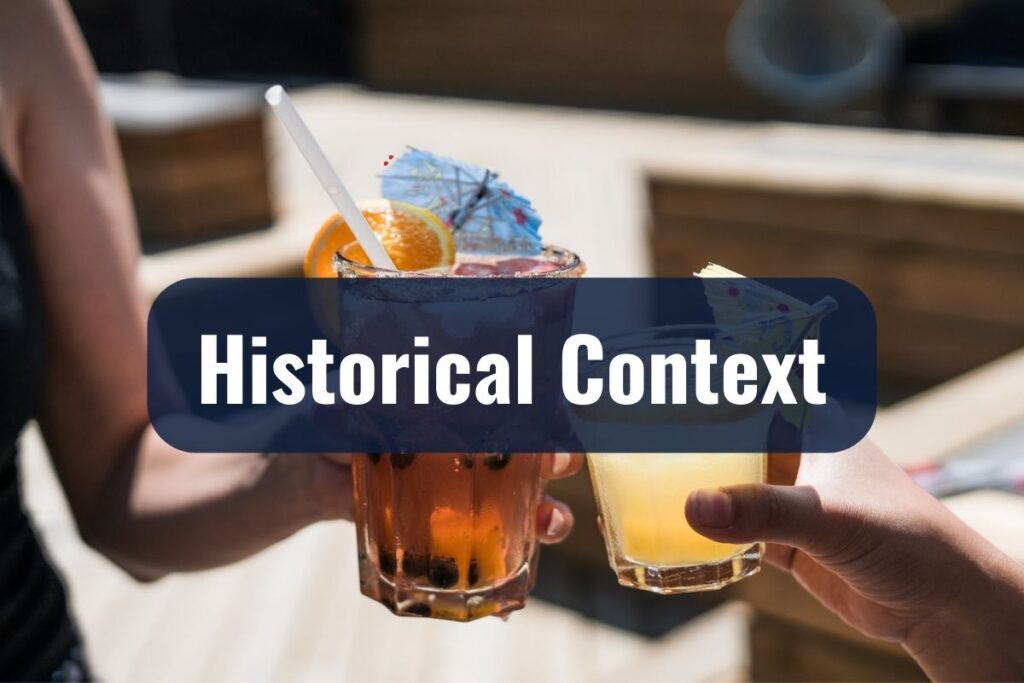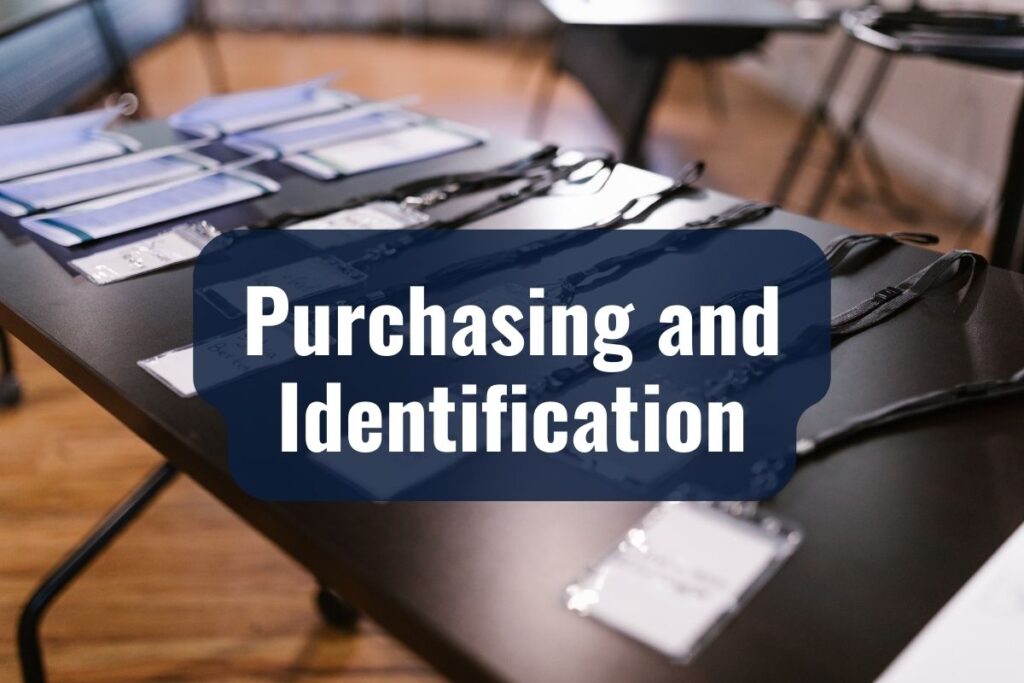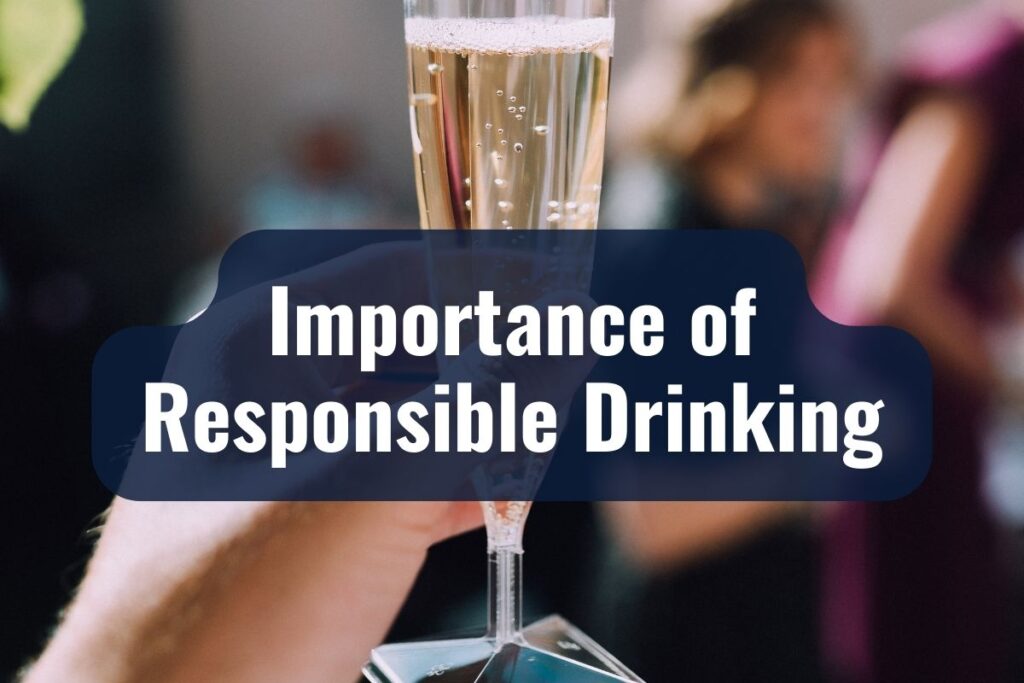Part of truly experiencing the Dutch way of life is engaging in its social customs, of which the drinking culture holds a significant place. Whether you’re raising a glass in a cozy Amsterdam brown café or toasting with a local brew in a modern Utrecht bar, understanding the drinking age regulations in the Netherlands is essential.
This article aims to provide tourists, students, and other English-speaking individuals with a clear and straightforward guide to these rules.
Key Takeaways
- The Netherlands has a unified drinking age of 18 for all alcoholic beverages.
- Always carry acceptable identification, such as a passport, when purchasing alcohol.
- Public drinking is restricted in certain zones, especially near schools and religious institutions.
- Tourists and students should be aware of special considerations in areas with high tourist traffic and student societies.
- The essence of Dutch drinking culture emphasizes responsible consumption for health, social harmony, and mutual respect.
Current Drinking Age Regulations
Navigating the drinking rules in a foreign country can be daunting, especially when language barriers come into play. For those in the Netherlands, the drinking age regulations have been made more straightforward in recent years to promote clarity and public health.
Regardless of the type—beer, wine, or distilled spirits — the legal age for purchasing and consuming alcoholic beverages in the Netherlands is 18 years.
This means, for instance, whether you’re considering buying a light beer or a stronger spirit, the age restriction remains the same. There’s no differentiation based on the alcohol content of the beverage, as seen in some other countries.
It’s essential to note that establishments and stores are strict about this rule. When purchasing alcohol or entering a venue where alcohol is served, one might frequently be asked for identification to verify their age.
Historical Context

The drinking culture and associated regulations in the Netherlands have experienced shifts and transformations over the years, reflecting broader societal changes.
In the earlier part of the 20th century, the drinking age wasn’t a focal point of concern. Like many European countries, the Netherlands had a relatively liberal stance towards alcohol. The act of drinking was embedded in societal norms and customs, and it wasn’t uncommon for younger individuals to have access to alcoholic beverages.
However, as the decades rolled on and health organizations began shining a spotlight on the potential harms of underage drinking, the Dutch government began revising its approach.
During the latter half of the 20th century, there was an increasing awareness of alcohol consumption, especially among the youth. This resulted in the Netherlands implementing specific age restrictions for alcohol purchases and consumption.
Initially, there was a distinction between “soft” alcoholic beverages like beer and wine and “hard” distilled spirits. The age limit for the former was set at 16, while the latter required one to be 18.
But concerns over the impact of alcohol on the developing brain and a push towards a more unified policy led to a significant change in 2014. From that year onwards, the legal age for purchasing any alcoholic beverage was raised to 18.
Purchasing and Identification

While exploring the Netherlands and its rich offering of beverages, it’s crucial to be equipped with the right documentation.
| Requirement | Details |
| Carry ID | Always have identification when purchasing alcohol. |
| Accepted ID Types | Passport, European ID Card, Dutch Driving License |
| Other IDs | Non-Dutch licenses or student cards may not always be accepted. |
| Refusal of Service | Establishments can refuse service without proper ID verification. |
Understanding the identification requirements ensures a smooth experience when you’re looking to purchase or consume alcohol in various establishments.
Carry ID Always
It’s not just a recommendation; it’s a norm. Regardless of your age or how old you might appear, it’s always a good idea to have your identification on hand. The Dutch authorities and establishments are stringent about age verification, and being asked to present an ID is commonplace.
Accepted Forms of Identification
- Passport: An international standard and widely accepted.
- European ID Card: For those from European Union (EU) member states.
- Dutch Driving License: Useful for those who have chosen to drive in the Netherlands.
It’s worth noting that other forms of ID, like student cards or non-Dutch driving licenses, might not always be accepted as valid proof of age. When in doubt, a passport is always the safest bet.
Also, establishments reserve the right to refuse service if proper identification is not presented or if there’s any uncertainty about the validity of the provided ID.
Public Drinking and Related Rules
Venturing into the public spaces of the Netherlands, you might witness its citizens enjoying a relaxed outdoor vibe. Yet, there are distinct guidelines governing the consumption of alcohol in these areas. Being aware of these rules is essential to respecting local customs and avoiding any unintended infractions.
Areas of Permitted Public Drinking
Generally, drinking alcohol in public areas, such as parks and streets, is not universally accepted across the Netherlands. However, there are some exceptions:
- Specific public events or festivals may allow alcohol consumption. In these cases, organizers usually secure the necessary permissions, and dedicated areas for drinking might be designated.
- Certain city zones or parks might have allowances or tolerate responsible drinking, but always check for signs or local regulations.
Areas Where Drinking is Prohibited
Many cities in the Netherlands have zones where public alcohol consumption is strictly prohibited. This can include:
- Near schools or religious institutions
- Specific streets or neighborhoods known for problems related to alcohol
- Public transport stations and vehicles
Penalties for Violations
If you’re found consuming alcohol in prohibited zones or behaving disruptively due to intoxication, authorities may impose fines. The exact amount can vary based on the city and the specific infraction, but it’s a cost and inconvenience best avoided.
Open Container Laws
Carrying open containers of alcohol, even if you aren’t drinking from them, can be viewed as a violation in many public areas.
Special Rules for Tourists and Students

For many tourists and international students, the Netherlands offers a captivating blend of cultural experiences and academic opportunities. While the basic drinking regulations apply uniformly to everyone, there are certain considerations that tourists and students, in particular, should be aware of.
Tourist-focused Establishments
In areas with high tourist traffic, such as central Amsterdam, you might encounter establishments with “tourist-friendly” labels. These places are accustomed to serving a diverse clientele and may have staff who speak multiple languages.
However, this doesn’t imply leniency in age verification. If anything, due to the influx of younger tourists, these establishments might be even more vigilant about checking IDs.
Student Societies and Fraternities
For students attending Dutch universities, joining student societies or fraternities can be a rite of passage. While these groups often host social events with alcohol, they adhere strictly to the national drinking age regulations. Participating in or organizing events that serve alcohol to underage individuals can lead to serious repercussions, both from the university and legal authorities.
Cultural Awareness
Drinking customs can vary across countries. In the Netherlands, moderation and social drinking are valued. While enjoying a drink with friends is common, excessive drinking or public drunkenness is frowned upon. It’s essential to understand these nuances to navigate social situations gracefully.
Short-term Rentals and Alcohol
Tourists renting accommodations through platforms like Airbnb should be cautious. Some hosts may have specific rules about alcohol consumption within their property, especially if it’s a shared space. Always read the rental guidelines and communicate with hosts about any uncertainties.
Importance of Responsible Drinking

At the heart of any discussion about alcohol consumption, especially in a country as culturally rich as the Netherlands, is the principle of responsible drinking. This isn’t just about adhering to laws and regulations, but also about preserving one’s well-being and respecting the community around you.
Health Implications
Overconsumption of alcohol can lead to both immediate and long-term health risks. In the short term, it can impair judgment, coordination, and reaction times, increasing the risk of accidents. In the long run, consistent heavy drinking can lead to chronic health issues like liver disease, cardiovascular problems, and addiction.
Social Impact
The Dutch value their social fabric deeply, emphasizing harmony and mutual respect. Public disturbances, aggressive behaviors, or public drunkenness caused by excessive drinking can quickly strain relationships and tarnish the overall experience in the Netherlands for both residents and visitors.
Setting an Example
Tourists and students, especially those coming from different cultural backgrounds, serve as informal ambassadors for their home countries. By drinking responsibly, they can leave a positive impression and foster good international relations.
Practical Tips for Responsible Drinking
- Know Your Limits: Everyone has a different tolerance level. Be aware of yours and stick to it.
- Hydrate: Alternating between alcoholic drinks and water can help prevent overconsumption and dehydration.
- Eat: Consuming food alongside alcohol can slow its absorption, reducing its immediate impact.
- Plan Ahead: If you plan to drink, ensure you have a safe way to return home, be it public transport, a designated driver, or a reputable taxi service.
Concluding on this subject, the essence of the Dutch drinking culture lies not in the quantity consumed but in the quality of the experience. Sharing a drink with friends at a local café, savoring the taste of a Dutch brew, or enjoying a glass of wine during a canal-side dinner—these are moments to cherish. By imbibing responsibly, visitors can fully appreciate the depth and beauty of the Dutch way of life.
Resources & Further Reading
The official websites of Dutch municipalities often have sections dedicated to public regulations, including those concerning alcohol.
This is one of the most respected institutions in the Netherlands dealing with substance use and addiction. Their website provides extensive information on alcohol, its effects, and guidelines for safe consumption.
An independent institute that offers in-depth insights into the Dutch approach to alcohol policies and prevention measures.



